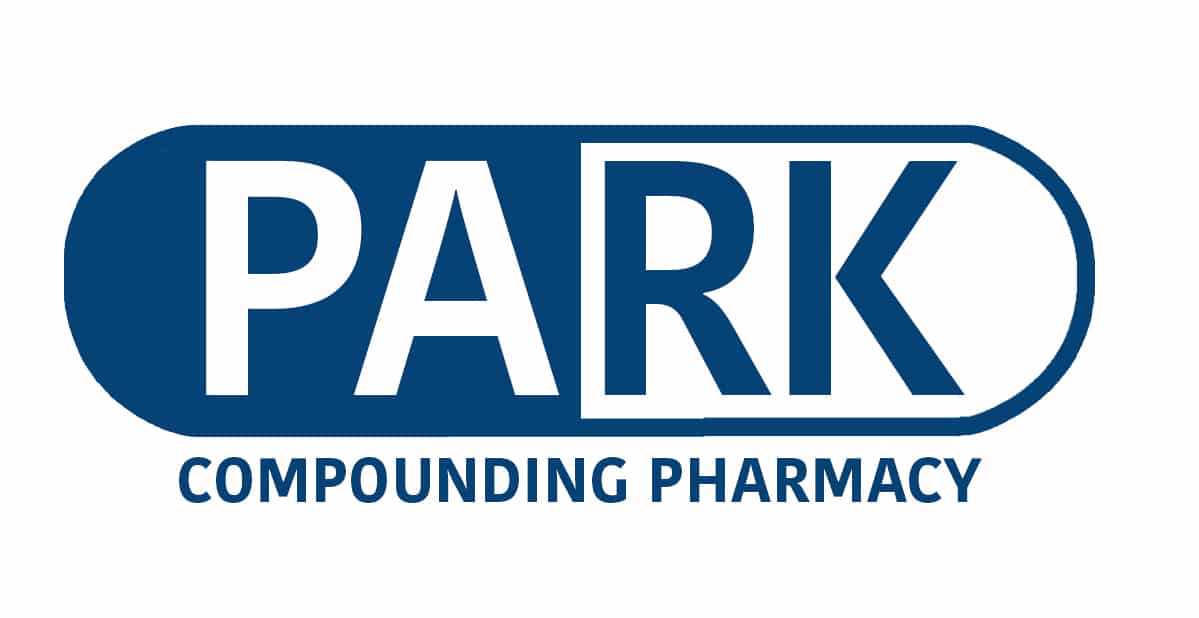Dyclonine (DYC) was introduced in 1932 in the form of a throat lozenge sold under the brand name Sucrets. These lozenges are still sold over-the-counter in pharmacies and can reduce pain from a sore throat. Dyclonine can also be made into a mouth rinse that is used by dentists before hygiene appointments or dental procedures. At one point there was a commercially available dyclonine mouth rinse but it has since been discontinued. A DYC mouth rinse can now only be obtained from a compounding pharmacy.
Dental Uses for Dyclonine
By numbing the entire mouth and throat, DYC anesthetic can prevent the gag reflex when taking impressions and positioning X-ray films. It can be useful before scaling and root planing and before injection of local anesthesia. A DYC mouth rinse can also reduce the pain of mouth ulcers and sores. To anesthetize gingival and palatal tissues, the rinse is swished around in the mouth for about 30 seconds then spit out. Some hygienists will offer dyclonine rinse to all of their patients, as it can make an office visit easier and more comfortable.
History of Dyclonine
Dyclonine was used in dentistry as early as the 1950s to anesthetize patients before procedures. It had previously been used in ophthalmology, dermatology, and other specialties as an anesthetic. It was sold under the brand name “dyclone” for some time until being withdrawn from the market, likely for profitability reasons. According to an FDA statement on dyclonine, “FDA has independently evaluated relevant literature and data for adverse event reports and has found no information that would indicate that these products [dyclonine 0.5% and 1%] were withdrawn from sale for reasons of safety or effectiveness.” Currently DYC mouth rinse can only be obtained from a compounding pharmacy as there is no version being manufactured.
Multiple Formulations Available
While both a 0.5% and 1% DYC mouth rinse are compounded, most dentists we work with have found the 1% rinse to be the better choice for most patients. Our pharmacy specializes in providing formulations that are not commercially available and offers other combinations as well. A combination of dyclonine and chlorhexidine can be combined into one mouth rinse. This combination will both anesthetize and prevent infection and bleeding.







